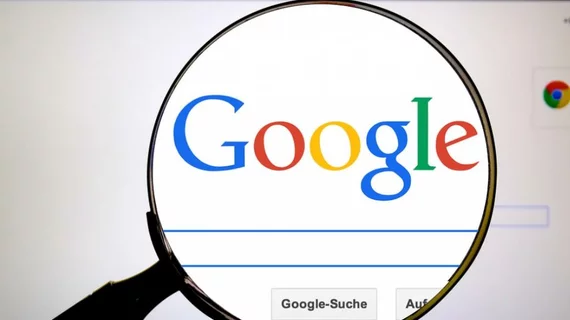Google Health absorbs DeepMind
The team behind DeepMind’s Streams mobile app and AI medical research ventures is being absorbed back into Google, according to CNBC.
UK-based AI company DeepMind is a portfolio company by Alphabet, Google's parent company, and will now be a part of Google Health—the latest move by Alphabet to boost collaboration and communication across its various health projects, CNBC reported.
The DeepMind Health group will cease operating as an independent brand to become part of Google, and will continue health research with its academic partners. Its products will be deployed under the Google umbrella.
DeepMind' signature app Steams helps doctors spot kidney failure and other ailments. The move should help turn the Streams app into an AI-powered tool for doctors and nurses, DeepMind executives wrote in a recent blog post,
"Our vision is for Streams to now become an AI-powered assistant for nurses and doctors everywhere - combining the best algorithms with intuitive design, all backed up by rigorous evidence," executives wrote. "The team working within Google, alongside brilliant colleagues from across the organization, will help make this vision a reality."
The newly-formed Google Health team is led by David Feinberg, the former president and CEO of the Geisinger Health System.
To read the full report, click the link below.

